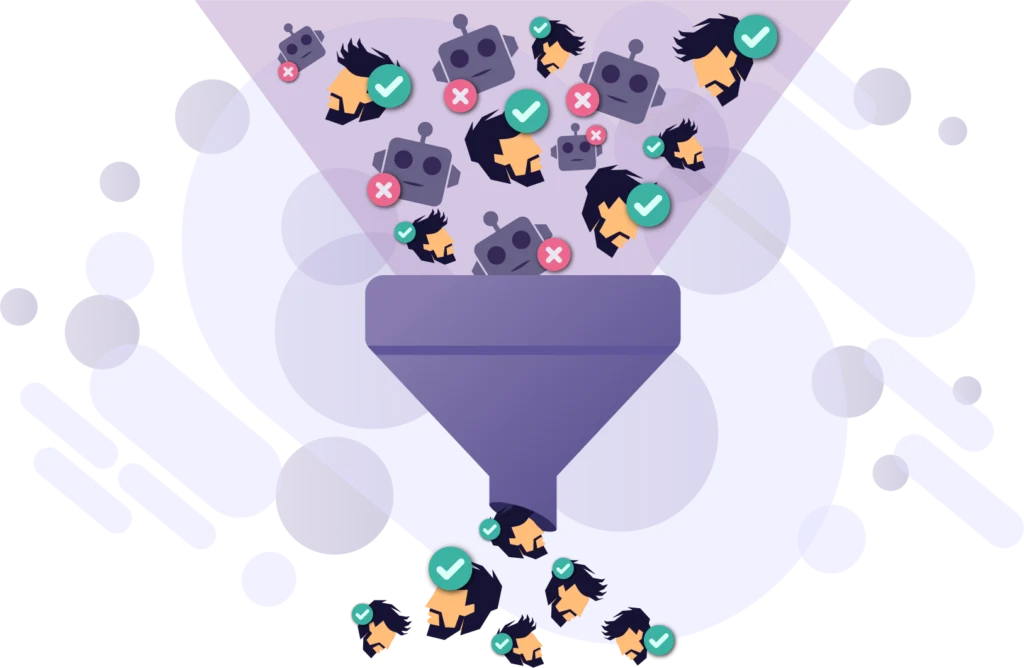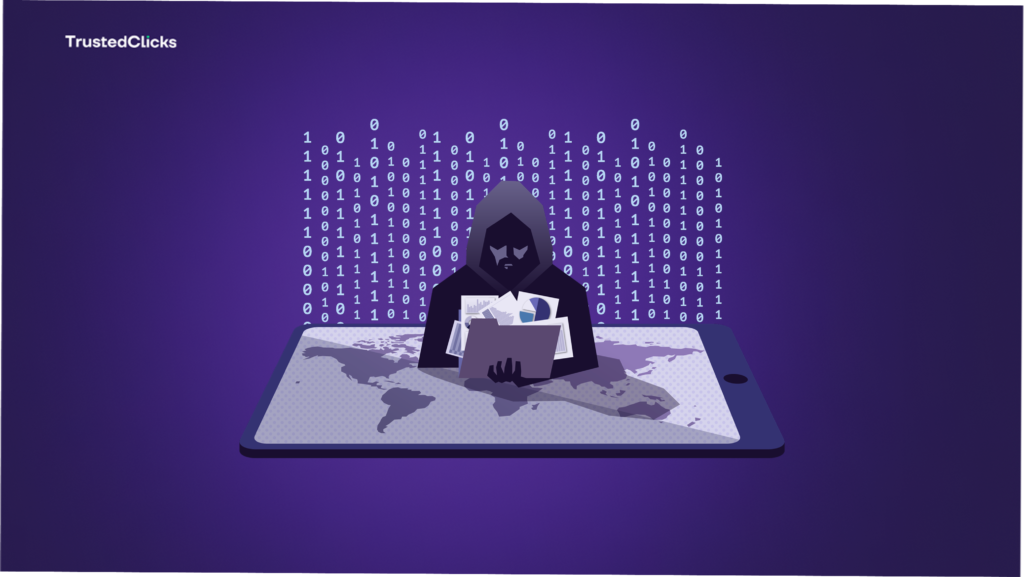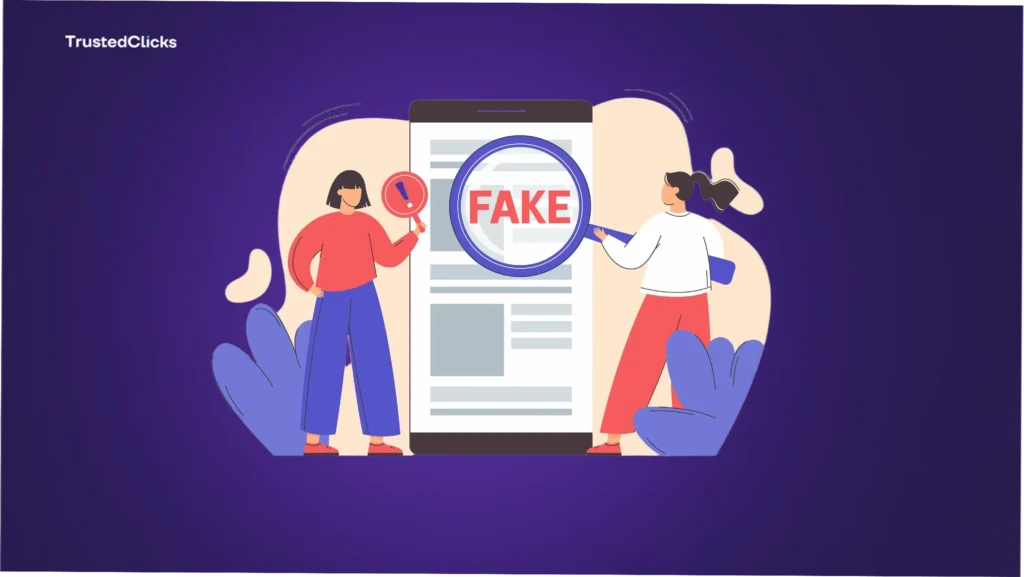- Website security, Affiliate marketing
The Human Factor: How User Behavior Shapes IP Reputation Over Time


What Is IP Reputation, and Why Does It Matter?
Before we get into the human element, let’s set the stage. An IP reputation is essentially a measure of trustworthiness assigned to an IP address by systems like email servers, security platforms, and internet service providers (ISPs). It’s a score that reflects how “well-behaved” an IP has been in the past—whether it’s been linked to spam, malware, phishing attempts, or legitimate activity. Think of it as a credit score for your internet presence: a good reputation opens doors (like getting your emails delivered to inboxes), while a bad one slams them shut (hello, spam folder—or worse, a blacklist).
But here’s the kicker: IP reputation isn’t static. It evolves, and the driving force behind that evolution is us—humans. Every click, email, or file shared through an IP address contributes to its story. Over time, these actions build a profile that can either bolster or tarnish its standing. So, how exactly do we shape this digital reputation? Let’s break it down.
The Everyday User: Small Actions, Big Impacts
Most of us don’t think twice about the IP address tied to our home Wi-Fi or workplace network. Yet, even mundane online behavior can influence its reputation. Imagine you’re browsing the web and accidentally click a shady link in an email. If that link downloads malware that starts sending spam from your device, your IP could get flagged. It’s not intentional, but the damage is done. Multiply this by millions of users worldwide, and you see how small, innocent missteps can ripple outward.
Take email habits, for example. Sending a mass newsletter without proper opt-in consent might seem harmless to a small business owner, but to email servers, it’s spam—and your IP takes the hit. Over time, if this behavior persists, the IP’s reputation sinks, making it harder for legitimate emails to reach their destination. The lesson? Even casual users wield power over IP reputation through everyday choices.
The Malicious Actor: When Intent Turns Dark
Of course, not all human influence on IP reputation is accidental. Enter the hackers, spammers, and cybercriminals—the digital rogues who deliberately exploit IP addresses for nefarious purposes. A single IP can become a launchpad for phishing campaigns, DDoS attacks, or botnet operations, quickly earning it a spot on blacklists maintained by organizations like Spamhaus or Barracuda. These actors often hop between IPs, using tactics like IP spoofing or renting compromised servers, but the damage they leave behind sticks to the address long after they’ve moved on.
Interestingly, the cat-and-mouse game between malicious users and security systems highlights a key truth: IP reputation is a reflection of patterns. A lone spam email might not tank an IP’s score, but a sustained barrage will. It’s the persistence of human intent—good or bad—that molds the reputation over time.
The Shared IP Dilemma: Collective Responsibility
Here’s where things get messy. Many of us don’t have a dedicated IP address. Shared hosting services, public Wi-Fi, and VPNs mean multiple users operate under the same IP umbrella. In these cases, your IP reputation isn’t just your own—it’s a collective artifact shaped by everyone sharing that address. If a roommate torrents pirated content or a coffee shop patron sends phishing emails, the IP’s reputation suffers, and so does everyone else tied to it.
This shared dynamic underscores a uniquely human challenge: accountability. On a shared IP, one person’s reckless behavior can punish the innocent. It’s a digital version of “guilt by association,” and it forces us to consider how our online neighbors—people we may never meet—can indirectly dictate our internet experience.
The Redemption Arc: Can a Bad IP Reputation Be Fixed?
So, what happens when an IP’s reputation takes a nosedive? Is it doomed forever? Not necessarily. Just as humans can rebuild trust, IPs can recover—though it takes time and effort. If the problematic behavior stops (say, the spammer moves on or the malware is cleaned up), the IP can gradually regain credibility. Legitimate activity—like sending well-received emails or hosting a secure website—helps overwrite the negative history.
For businesses or individuals managing their own IPs, proactive steps can speed this up: monitoring traffic, securing devices, and working with ISPs or reputation services to appeal blacklistings. It’s a slow burn, though. Reputation systems are designed to prioritize caution, so an IP with a checkered past has to prove itself consistently before it’s trusted again. This redemption process mirrors human forgiveness—it’s possible, but it demands accountability and change.
The Broader Ecosystem: How IP Reputation Shapes the Internet
Zooming out, the interplay between user behavior and IP reputation doesn’t just affect individual addresses—it shapes the internet as a whole. Email providers like Gmail or Outlook rely on IP reputation to filter billions of messages daily, keeping inboxes usable. Websites use it to block bots or suspicious traffic, ensuring a smoother user experience. Even governments and ISPs lean on reputation data to combat cybercrime.
But this system isn’t flawless. False positives—where a good IP gets flagged due to a one-off issue or shared misuse—can disrupt innocent users. Meanwhile, savvy bad actors exploit reputation mechanics, cycling through disposable IPs to stay ahead of filters. It’s a constant tug-of-war, and at the heart of it all is human behavior: the curiosity that clicks a link, the greed that fuels a scam, or the diligence that keeps a network secure.
A Human-Driven Evolution
As we march further into 2025, the role of human behavior in IP reputation is only growing. With the rise of IoT devices, remote work, and AI-driven tools, more IPs are in play than ever before—and each one is a canvas for human influence. Smart homes, for instance, introduce new vulnerabilities; a hacked thermostat could turn an IP into a spam relay. Meanwhile, remote workers sharing VPNs blur the lines of responsibility even further.

On the flip side, advances in machine learning are making reputation systems smarter, analyzing user patterns with greater nuance. But no algorithm can fully escape the human factor. Our unpredictability, creativity, and flaws ensure that IP reputation remains a living, breathing metric—one that evolves with every action we take online.
Conclusion: Your Digital Footprint Matters
In the end, IP reputation is more than a technical concept—it’s a story of us. Whether you’re a casual browser, a business owner, or a cybercriminal, your behavior leaves an indelible mark on the IPs you touch. Over time, these marks build a reputation that can open doors or burn bridges in the digital world. So, the next time you click a link, send an email, or connect to a network, remember: you’re not just shaping your own online experience—you’re writing a chapter in the life of an IP address. And in the vast, interconnected web of the internet, that’s a power worth wielding wisely.
Table of Contents
Join our community!
Subscribe to our newsletter for the latest updates, exclusive content, and more. Don’t miss out—sign up today!
Recent Posts

The Global Blacklist: Inside the Secret World of IP Reputation Databases
- 8 mins read

The Human Factor: How User Behavior Shapes IP Reputation Over Time
- 6 mins read

The Role of IP Scores in Combating Bots and Fake Traffic
- 6 mins read



